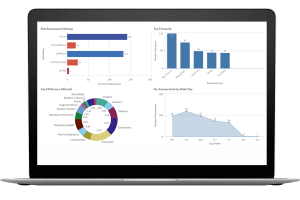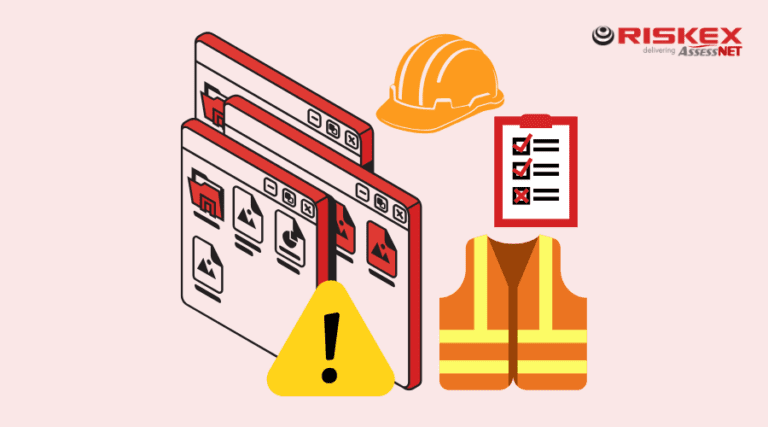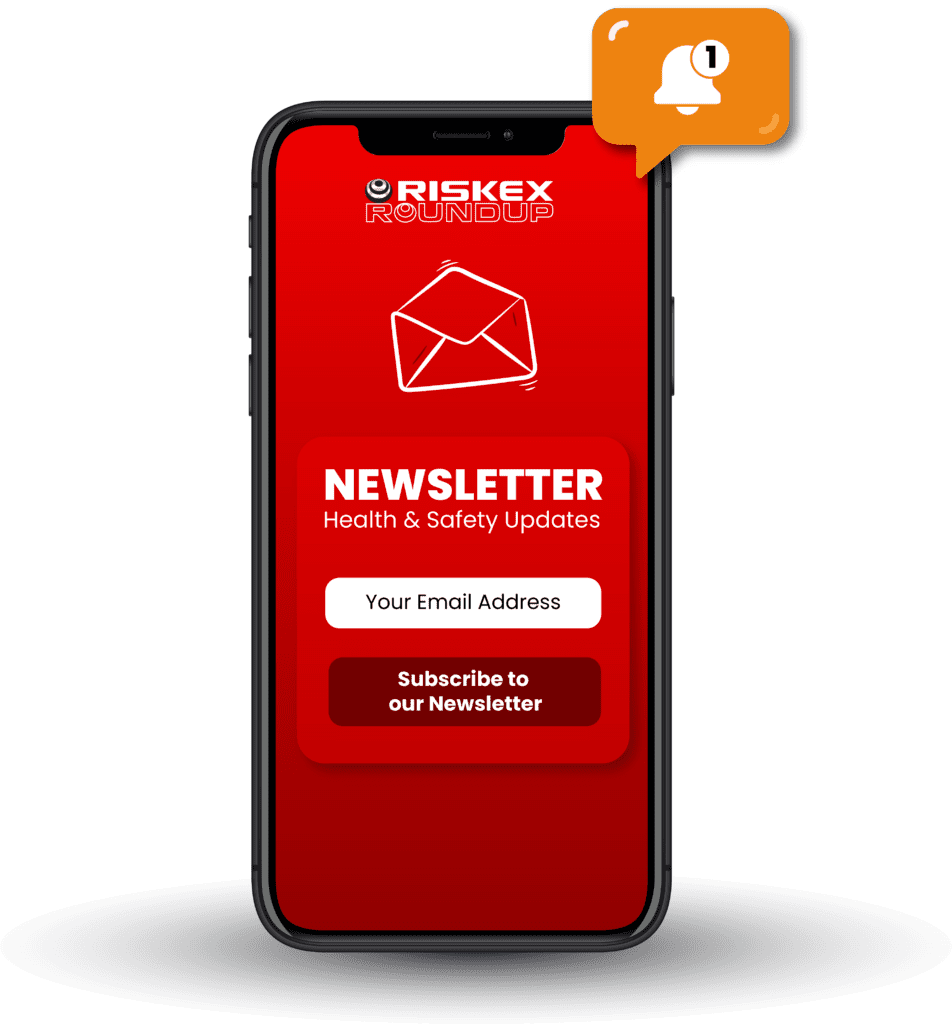Writing Engaging Health & Safety Management Reports
Writing engaging management reports on health and safety is crucial to effectively communicate important information and ensure that it captures the attention of the intended audience.
Here are some tips to help you create engaging health and safety management reports:
- Understand Your Audience: Tailor your report to the specific needs and interests of your audience. Consider whether your report is for executives, line managers, or frontline employees. Use language and examples that resonate with them.
- Clear Structure: Organise your report in a clear and logical manner. Use headings and subheadings to break down information into digestible sections. A well-structured report is easier to follow and understand.
- Executive Summary: Start with an executive summary that provides a concise overview of the key findings and recommendations. This section should highlight the most critical health and safety issues and proposed actions.
- Use Data and Statistics: Incorporate relevant data and statistics to support your points. Visual aids such as graphs and charts can make the information more accessible and help to convey trends or areas that need attention.

- Risk Assessment: Clearly outline the identified risks and their potential impact. Discuss the measures in place to mitigate these risks and any additional actions that may be required.
- Incident Analysis: Detail any incidents that occurred during the reporting period. Include the root cause analysis, corrective actions taken, and steps to prevent future occurrences. Emphasise the importance of reporting near misses and hazards. Include data on the number of reports received and actions taken to address identified issues.
- Training and Education: Report on the status of health and safety training programs. Include the number of employees trained, training topics covered, and any upcoming training initiatives.
- Highlight Successes and Improvements: Celebrate achievements and improvements in health and safety. Acknowledging successes can boost morale and emphasise the effectiveness of existing safety measures.
- Compliance with Regulations: Clearly outline the organisation’s compliance with local, national and international health and safety regulations.
- Provide Actionable Insights: Instead of just presenting problems, offer practical solutions and actionable insights. Propose clear steps for improvement and emphasise the benefits of implementing these measures.
- Include Real-life Examples: Use real-life examples and case studies to illustrate key points. This can make the report more relatable and help readers understand the practical implications of certain safety issues.
- Engaging Language: Use clear and concise language, avoiding jargon where possible. Ensure that your language is accessible to a wide audience, including those who may not have a deep technical understanding of health and safety.
- Visual Appeal: Incorporate visually appealing elements, such as graphics, images, and colour schemes. A visually attractive report is more likely to capture attention and keep readers engaged.
- Interactive Elements: Consider using interactive elements in digital reports, such as hyperlinks or interactive graphics. This can enhance the user experience and allow readers to explore specific areas in more detail.
- Regular Updates: Provide regular updates to maintain ongoing engagement. This could include monthly summaries, incident reports, and progress updates on implemented safety measures.
- Benchmarking: Compare your organisation’s health and safety performance with industry benchmarks. This can provide context for understanding where improvements are needed.
- Future Plans and Recommendations: Provide insight into future health and safety plans. Include recommendations for improvements based on the analysis of current performance.
So our key takeaway in a nutshell:
The goal is not only to inform but also to inspire action and a commitment to continuous improvement in health and safety practices. Transparency and clarity are essential in health and safety reporting.
“AssessNET BI Data Analytics can drastically reduce the administrative burden of Health and Safety Performance Reporting, as well as make the format visually engaging ”. Click here to book a 30-minute demonstration to find out more.






